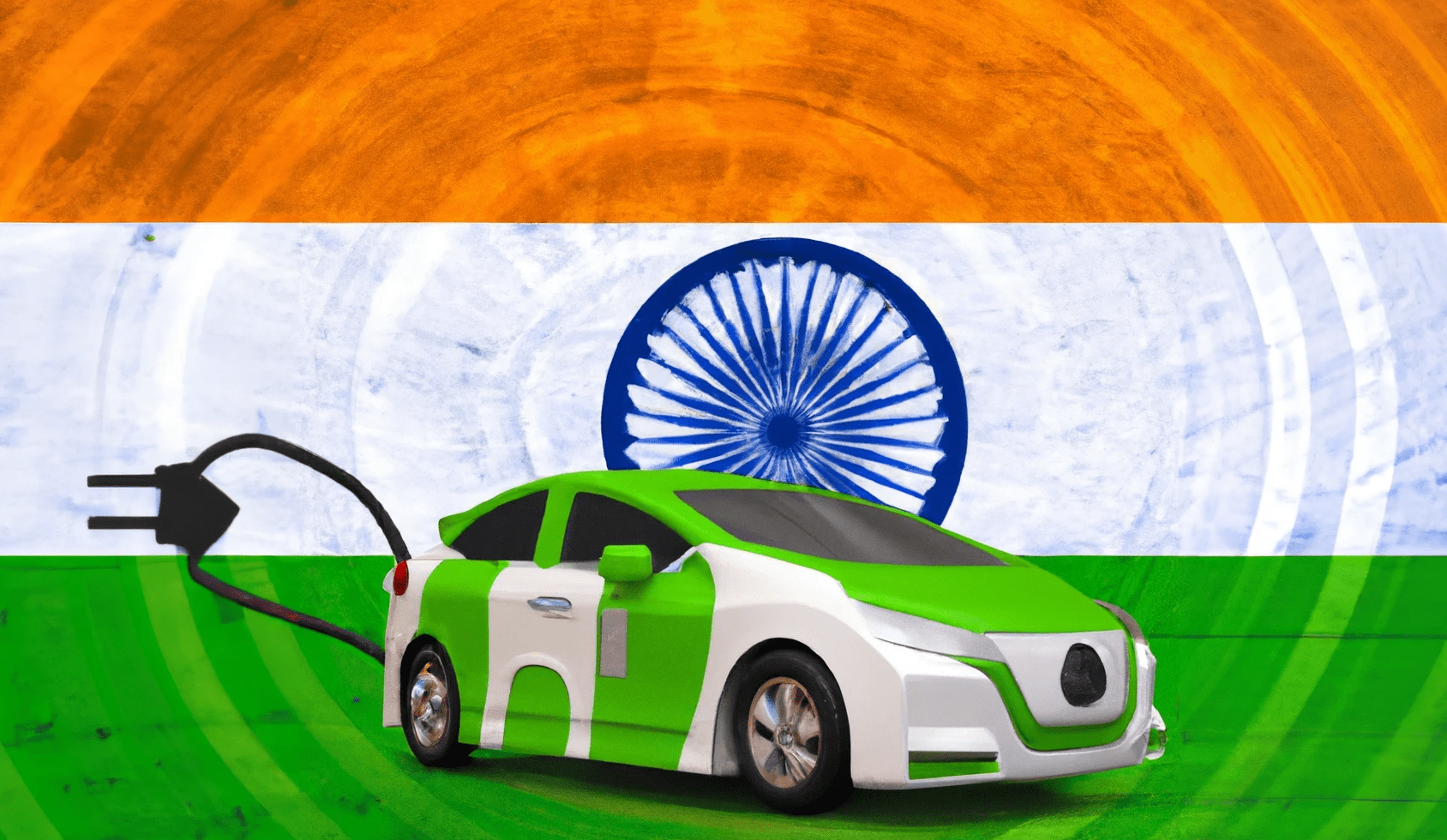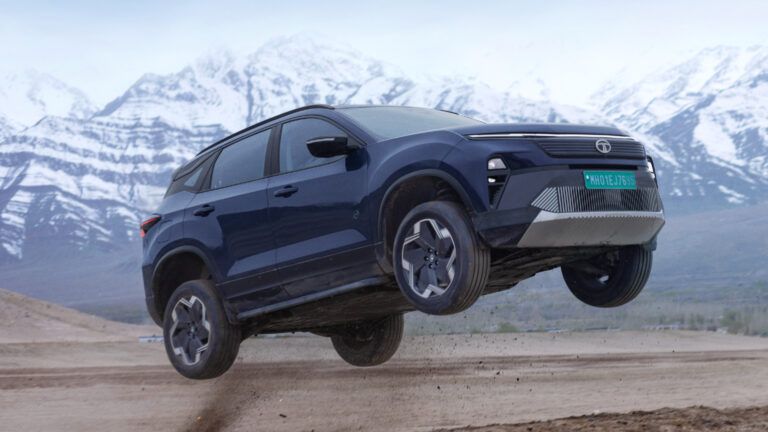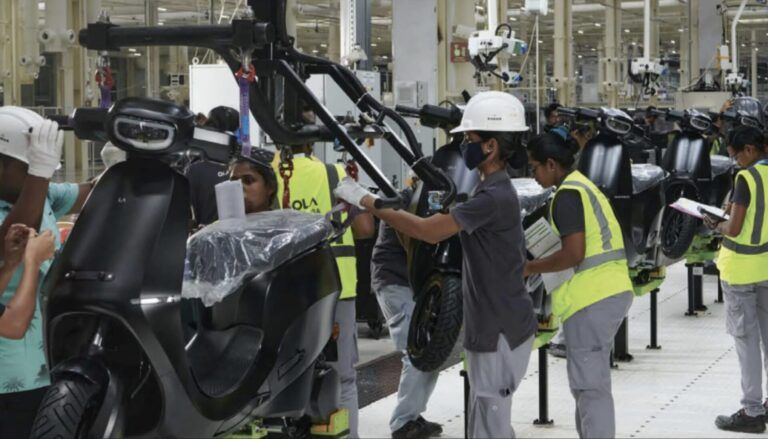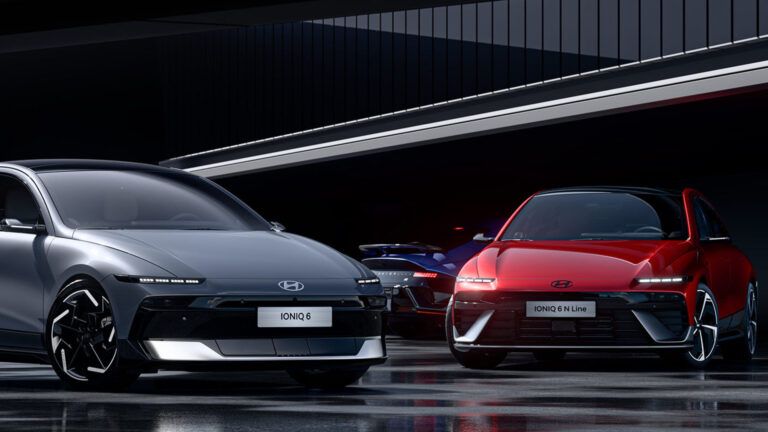“India needs an EV revolution.” “India needs to go the EV way.” And when not this, then “EVs are the future for India”. How often? Just how often have we heard any or all of the above in the context of the electric vehicle space and the world’s largest population?
Perhaps the number of times one has commonly heard the above is akin to the number of times one has had a cup of tea in the biting cold of northern India. The fact still remains, that as far as EV adoption in one of the strongest and most competitive auto markets of the world is concerned, then two factors, above the many come to mind and play a definitive role.
First being, the price point. As per the normal consumer psyche, the entry-level price point of an EV is considerably higher than other combustion engine-powered vehicles- or so one thinks.
But if so, then how far is this true?
Frankly, as far as the market studies pertaining to 2023 October in the country stand, then the price difference between EVs in comparison to their ICE counterparts is around Rs 30 thousand, which is somewhere less than 10 per cent of the total cost. This difference in the cost of EVs has dropped significantly, from 30 per cent to 10 per cent lately.
The second factor is that the electric vehicle market in the country actually needs a revolutionary idea, which truth be told, can germinate from mass-market models.
This is not too hard to understand and is a fact that is actually being endorsed by several research papers and think tanks.
So what is exactly the matter with EV cars and their not-so-swift adoption in India at a mass level, for the lack of better expression?
As it turns out, according to a report published by Bain & Company recently, some rather interesting observations have surfaced to life. While they underline the problem areas with regard to EVs not yet being in the mainstream in the country; the said developments at the same time, highlight the opportunity that lies hitherto untapped.
Surely, the average Indian mindset when it comes to going green on four wheels is still at that stage of nascency where it’s hard to let go of the unknown; “I am more comfortable driving a fuel-powered car”, still very much drives the Indian buyers’ mindset.
Add to it, the likes of Tata Motors and Mahindra are the only homegrown carmakers that have, as of date, launched EVs while the other bankable names such as Maruti are yet to deliver their first-ever EV vehicle to the Indian consumer.
What that frankly does is that it tells the prospective EV buyer that surely the likes of Nexon and XUV400 are there in the market but again, the mere number of electric vehicle offerings from such giant powerhouses is rather limited.
Things could hopefully be on the mend when someone like Maruti Suzuki unleashes its yet-to-arrive electric vehicle, very likely to be affordable for the masses of India.
And yet, at the same time, the disparaging reality of sorts is that the very buyer who may already be suffering from entry-level anxieties at having not yet gone the EV way sees a Mercedes and Audi alongside a BMW that offer alternatives that are beyond one’s budget.
Not that India does not have a demand for luxury electric vehicles; there are loads in the urban setting of wealthy cities such as Mumbai or Delhi, Bangalore or Chennai and other prominent urban centres with charging infrastructure having sporadically come up over the years.
But that mega push that would encourage – in the right sense of the word- the buyer to go for an EV over and above other drives shall have to wait. Or does it have to?
Which leading Indian city today, whether we speak of Mumbai or Delhi doesn’t have the charging infrastructure? It is pretty much everywhere.
But in a country that already suffers from range anxiety, which frankly is a telling insight, is the Indian buyer having the confidence of seeing the standard EV infrastructure across states and regions that can assure him that buying an EV wouldn’t make him regret the switch (from ICE)?
For as long as carmakers and there is no dearth of any, whether homegrown, European, American, or Japanese brands, have stable answers to these questions, the actual EV switch in the country shall not be a distant dream but a fathomable reality.








